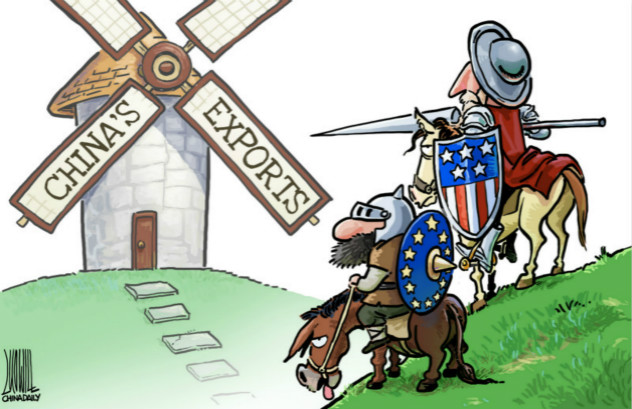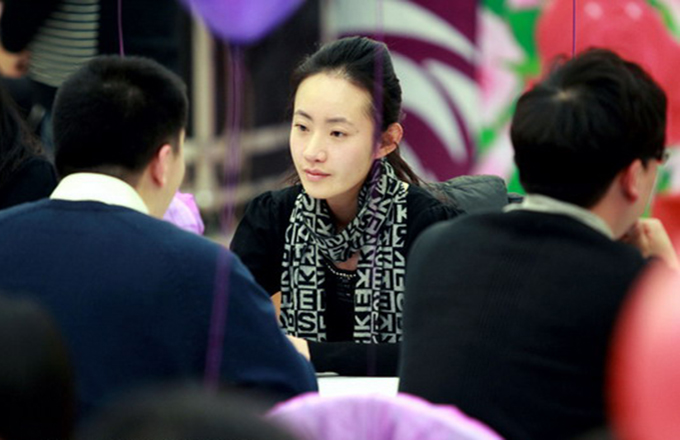Experts call for China's think tanks to step further onto global stage
 |
|
Renowned researchers and scholars attend the conference held Monday by the Shanghai Academy of Social Sciences (SASS), a government affiliated think tank. [Photo provided to chinadaily.com.cn] |
China urgently needs to create a group of high-level think tanks with Chinese characteristics to conduct high-quality international research to support China's interaction and cooperation with the world, experts said at a conference held Monday by the Shanghai Academy of Social Sciences (SASS), a government affiliated think tank.
Two constructive reports were also released during the conference, including the Chinese version of the 2016 Global Think Tank Report and 2016 Chinese Think Tank Report. Academics, scholars and representatives of top Chinese think tank organizations, such as Chinese Academy of Social Sciences(CASS), Development Research Center of the State Council(DRC), China International Center for Economic and Technical Exchange (CICETE), Development Research Center of Shanghai Municipal People`s Government, Center for China & Globalization (CCG),National Academy of Development and Strategy at Renmin University of China, Sina Think Tank and the Paper, also joined the discussions during the conference.
Zhang Dawei, the former deputy governor of Henan province and the vice secretary-general of the China International Center for Economic and Technical Exchange (CICETE), shed light on the responsibility Chinese think tanks hold.
"China has witnessed a boom in think tanks in recent years after President Xi Jinping called for a new type of think tank with Chinese characteristics. We are mainly responsible for two aspects, including doing research to support national policymaking and sparing no efforts to build more communication platforms for China and other countries," Zhang said. "At present, many countries, especially developing countries, are showing great interest in China's experiences, and it is the think tanks' responsibility to summarize those experiences and share them with the world."
When talking about the booming development of Chinese think tanks, Wang Ronghua, the honorary president of the Think Tank Research Center at Shanghai Academy of Social Sciences, warned that they can't become complacent.
"Chinese think tanks have enjoyed good timing and seized many opportunities up to now, but to increase their global influence they need to stay modest, put the focus on increasing the quality of research results and strengthen their international communication," Wang said. "Meanwhile, Chinese think tanks should improve and develop analytical skills that make use of pushing forward the development of Chinese think tanks as requested for China's new era."
Wang Huiyao, president of the Center for China and Globalization, stressed the importance of Chinese think tanks. He said that as the second largest economy in the world, China is striving to play a bigger role in setting the global agenda and it is important that its voices be heard globally. Chinese think tanks should intensify their efforts now as China "goes global", which they need to help our government make decisions accurately and scientifically and meanwhile establish academic cooperation with global counterparts. "Think tanks serve more like a 'soft power', which can also help enhance our country's international stature," Wang added.
Several researchers and scholars also contributed varying ideas and suggestions to the development of Chinese think tanks. At the end of the conference, Huang Renwei, the deputy president of Shanghai Academy of Social Sciences, delivered a detailed presentation about the newly-released reports.



















